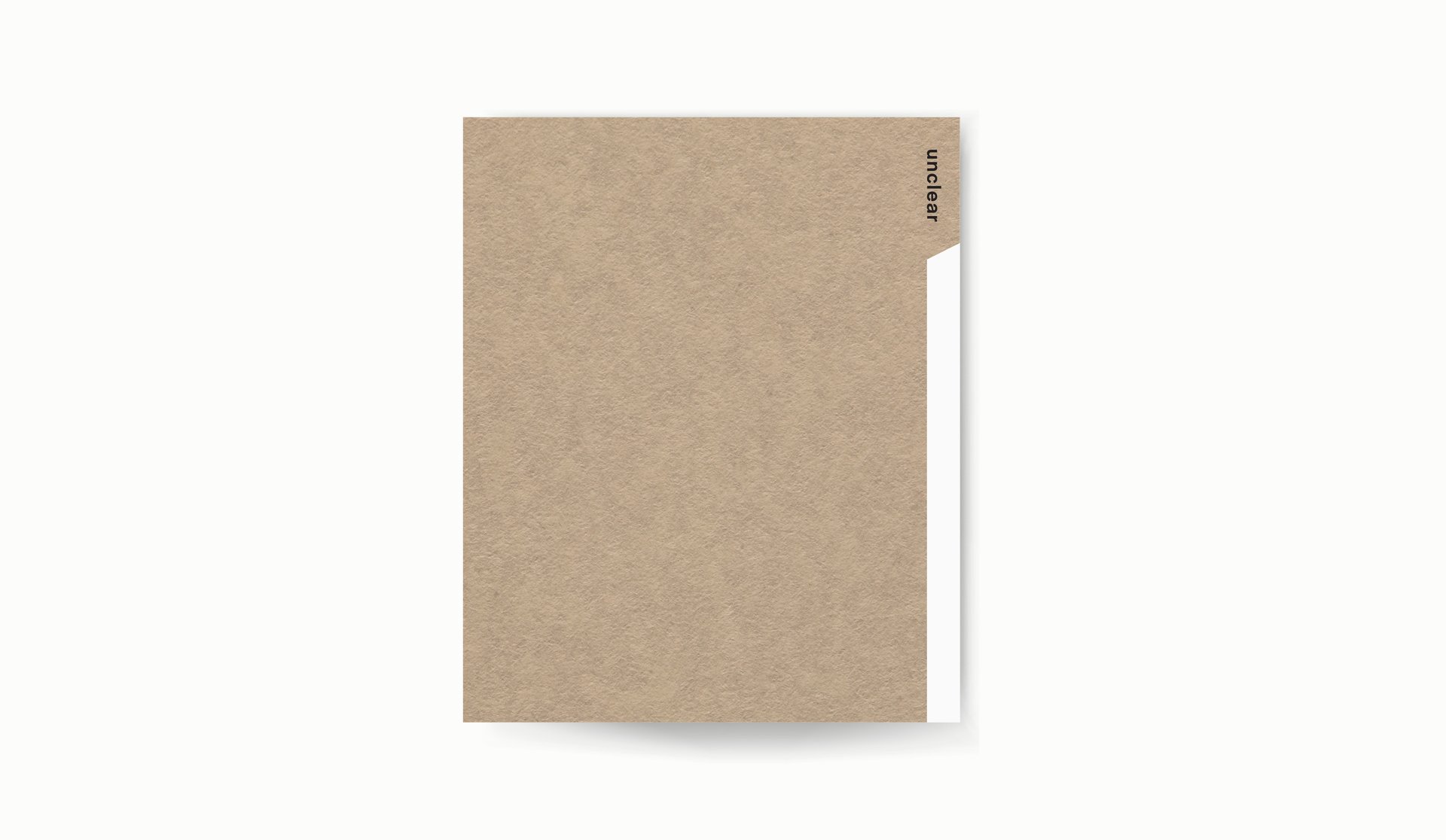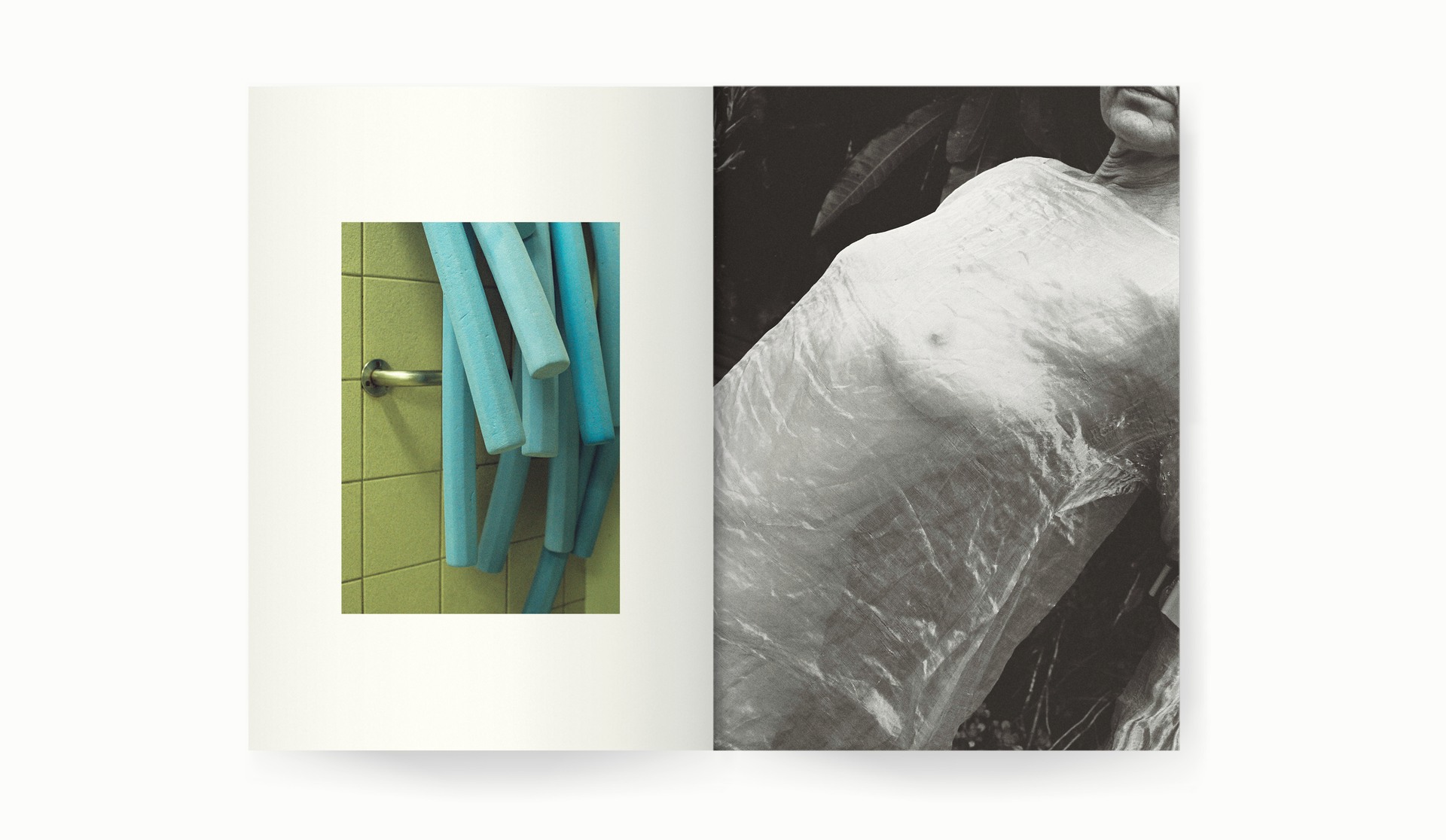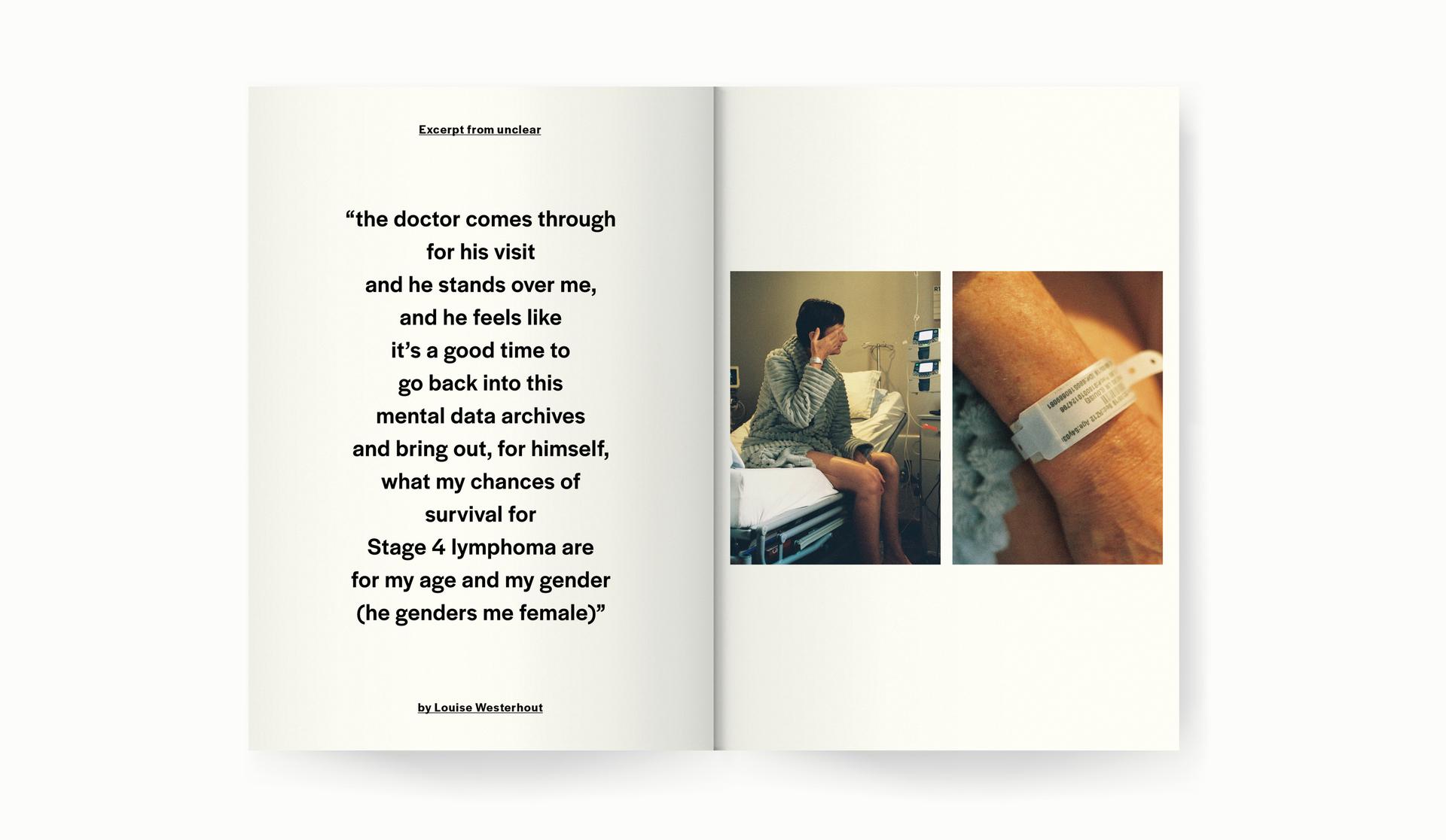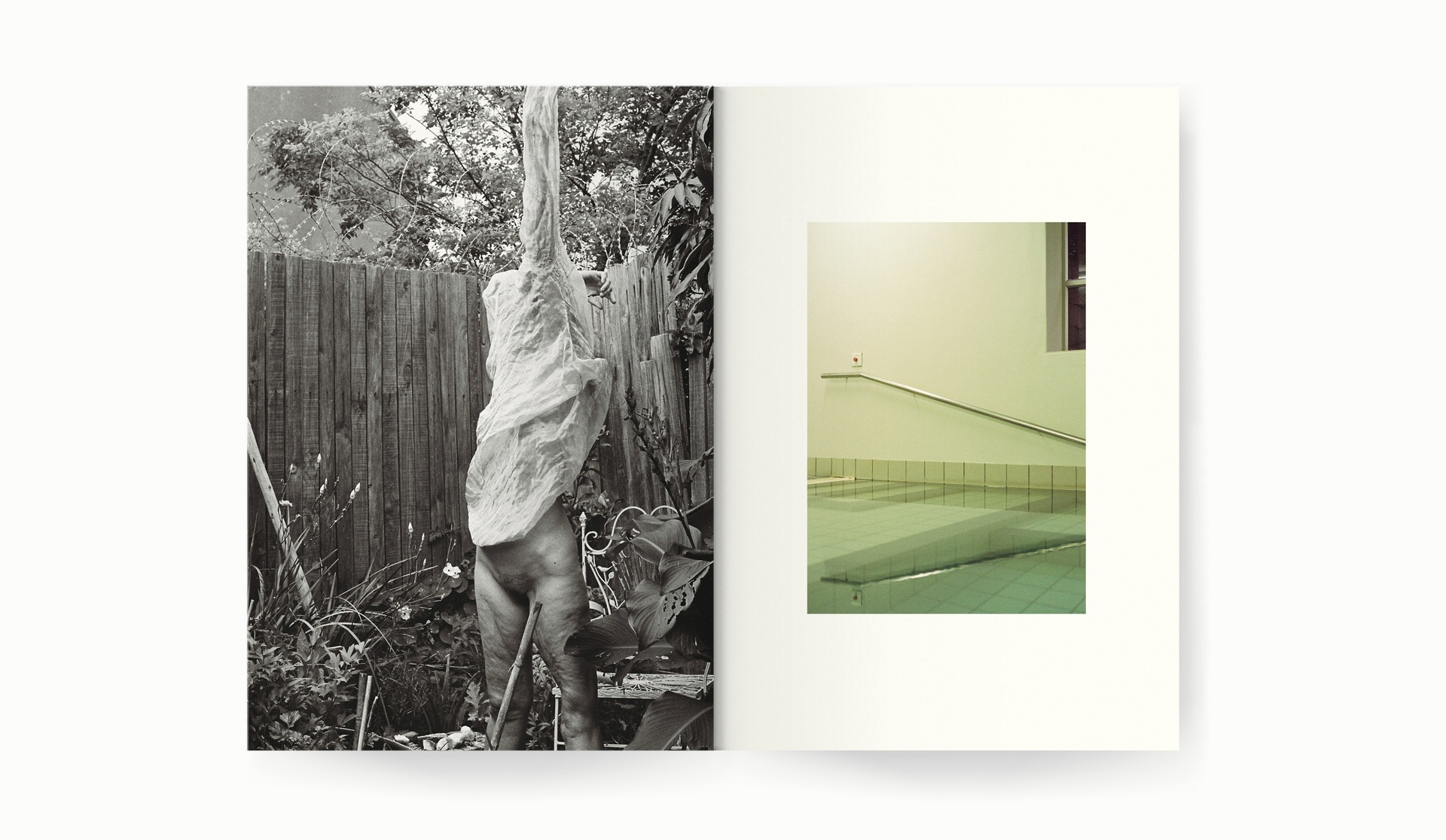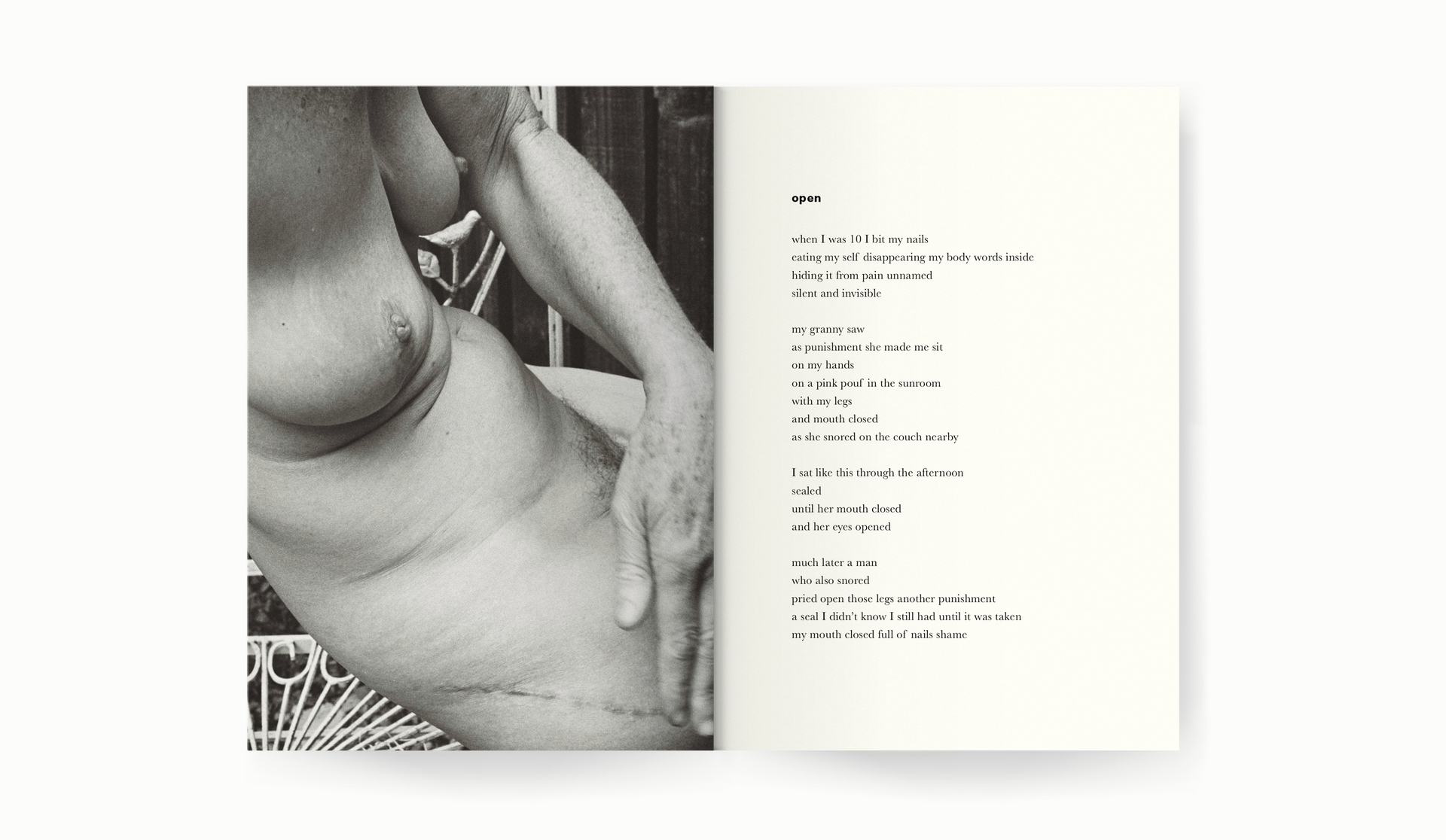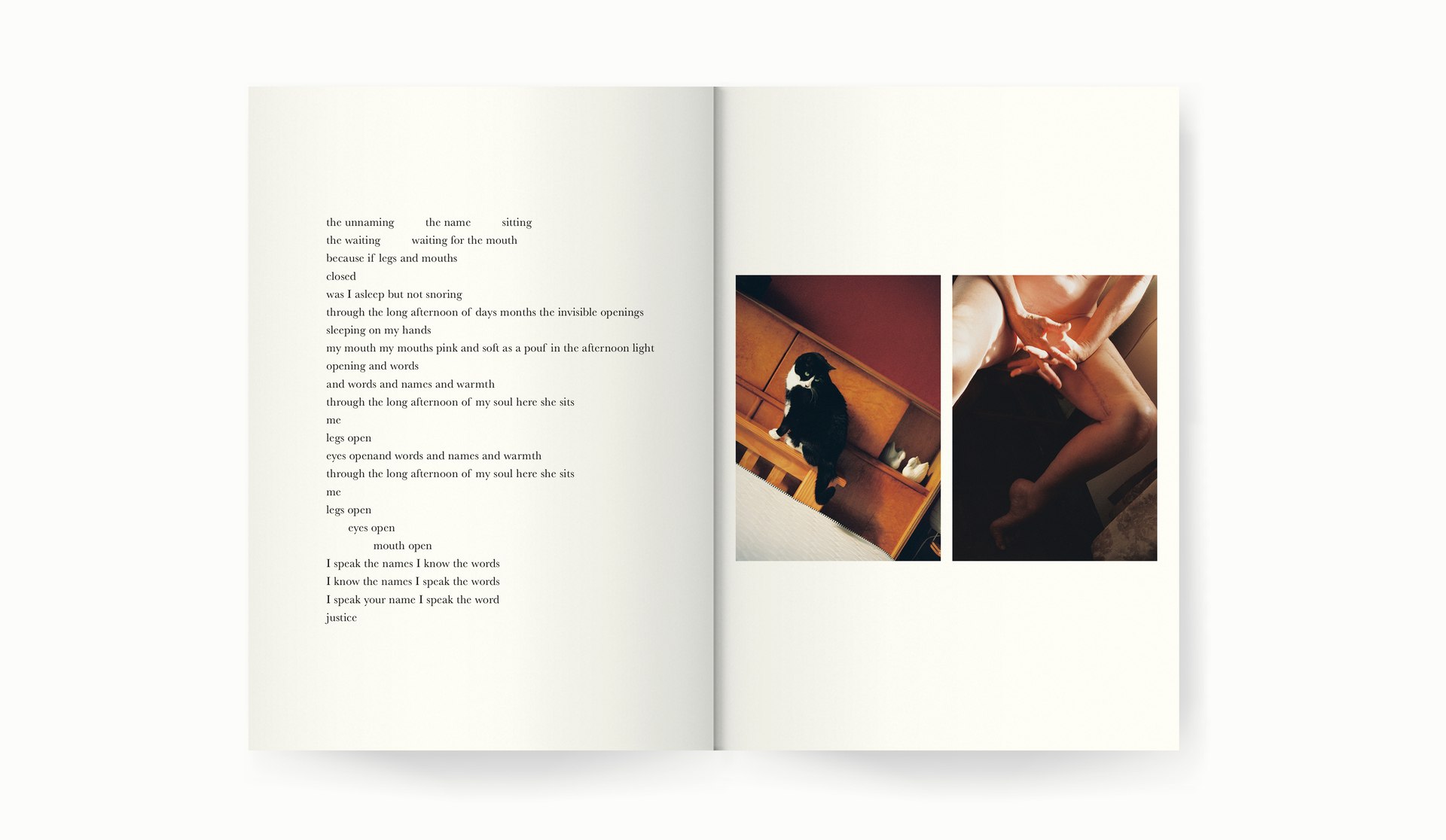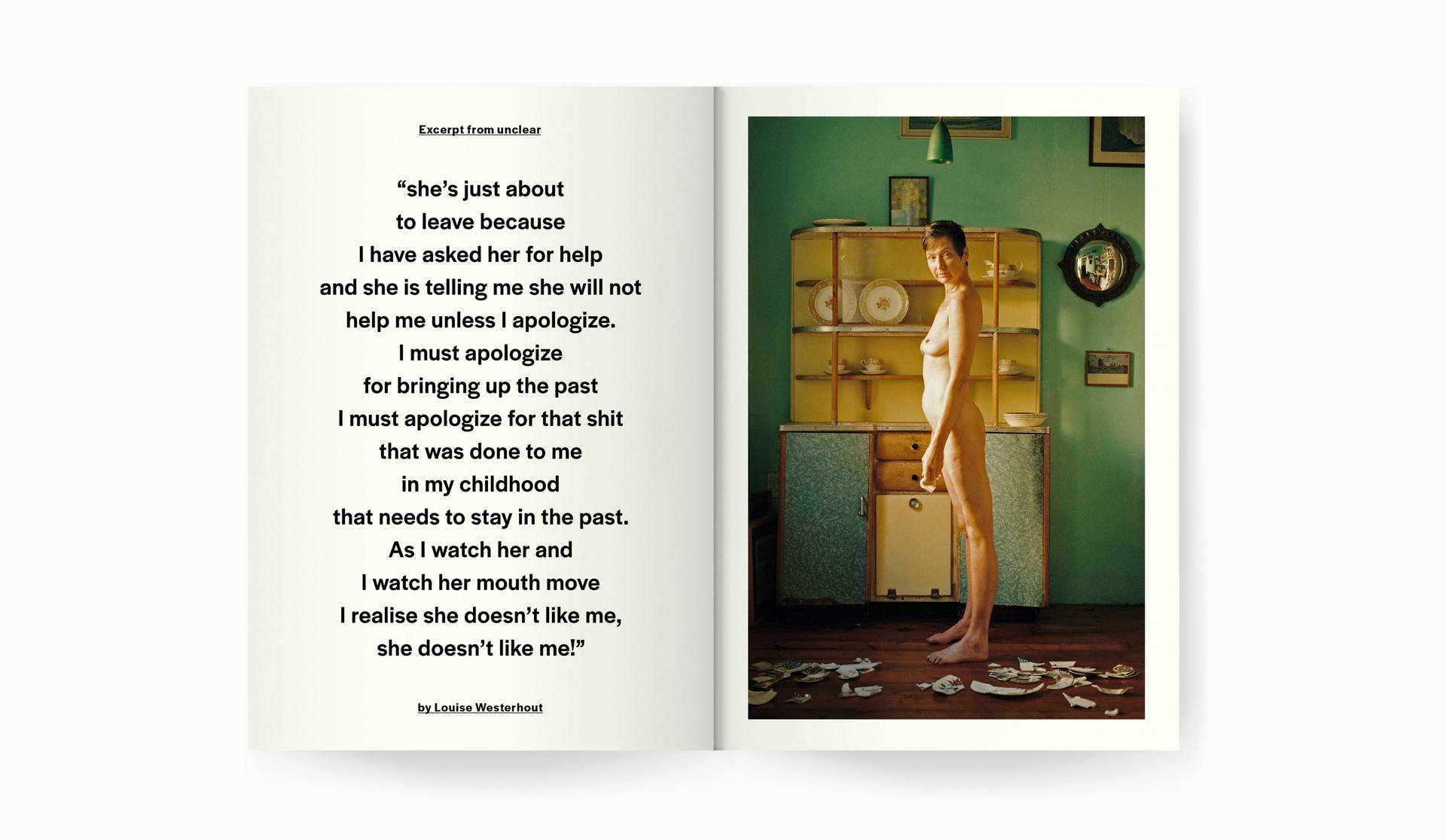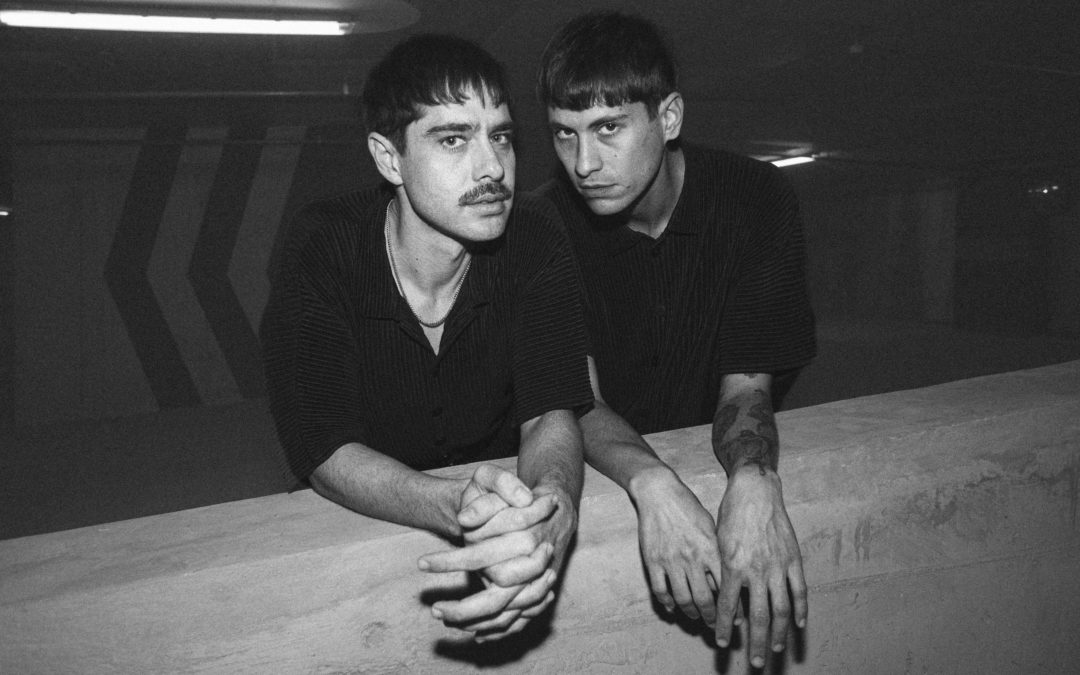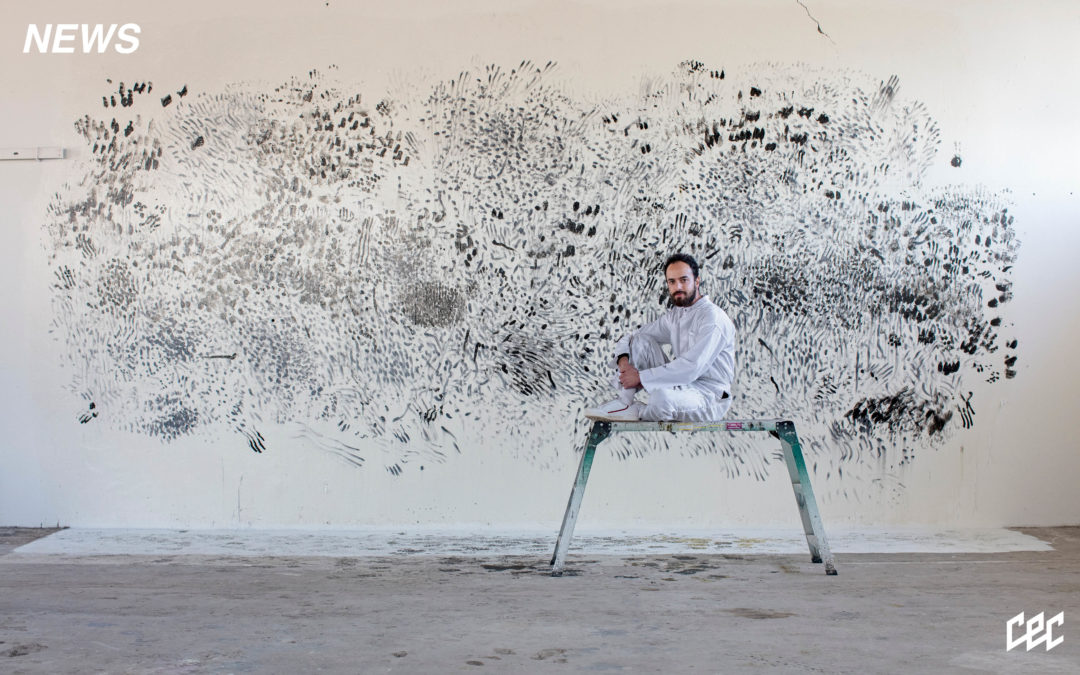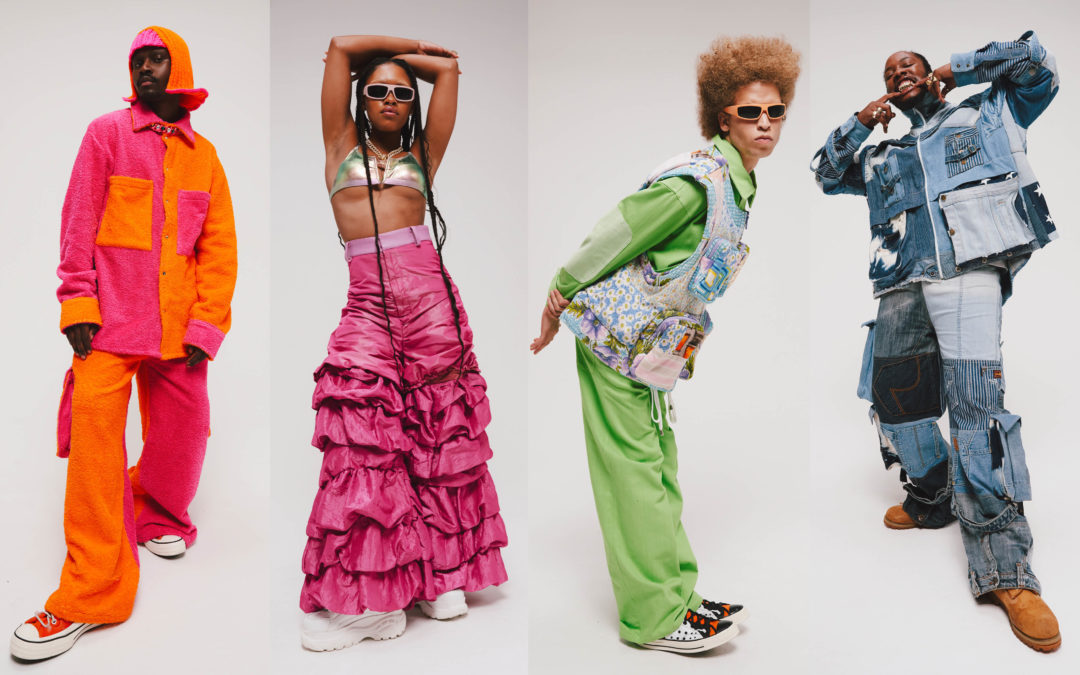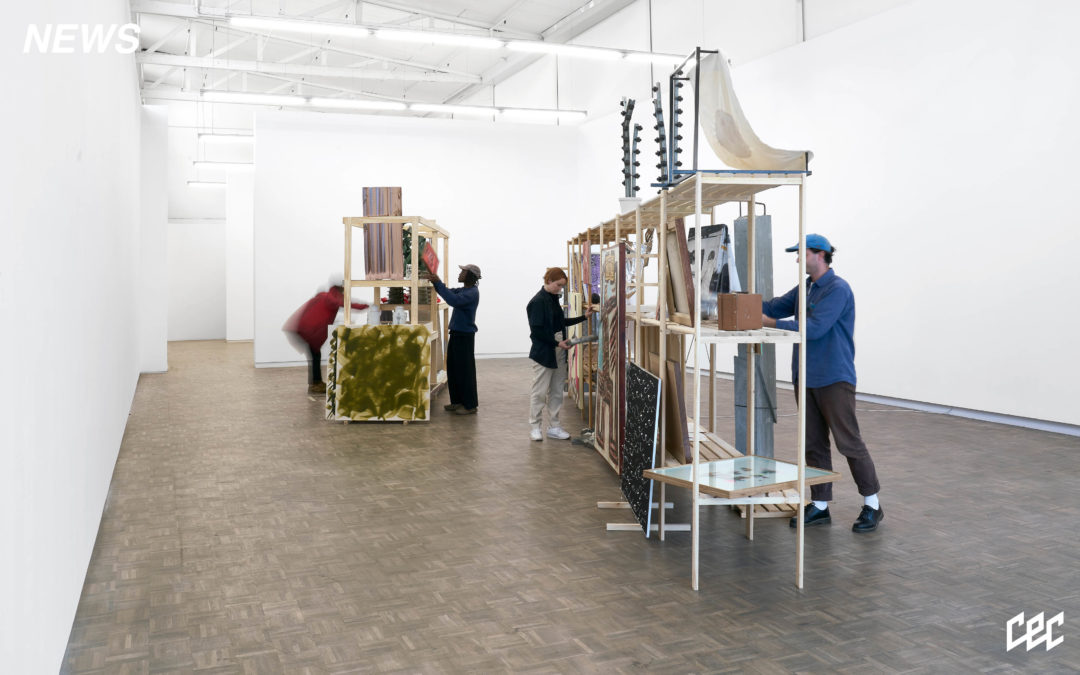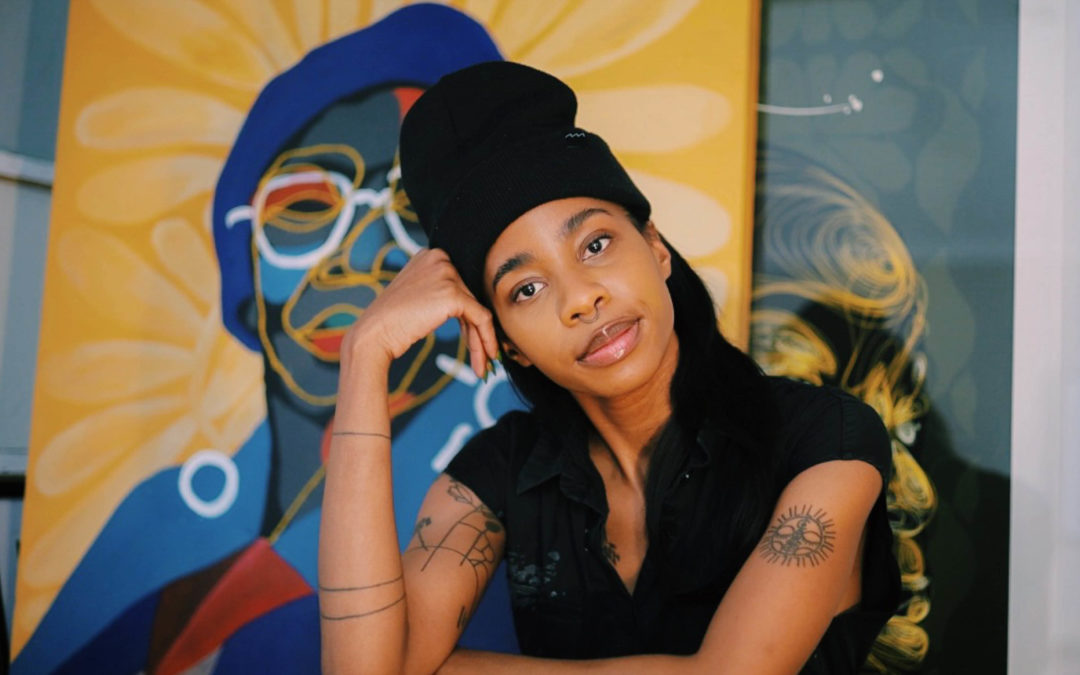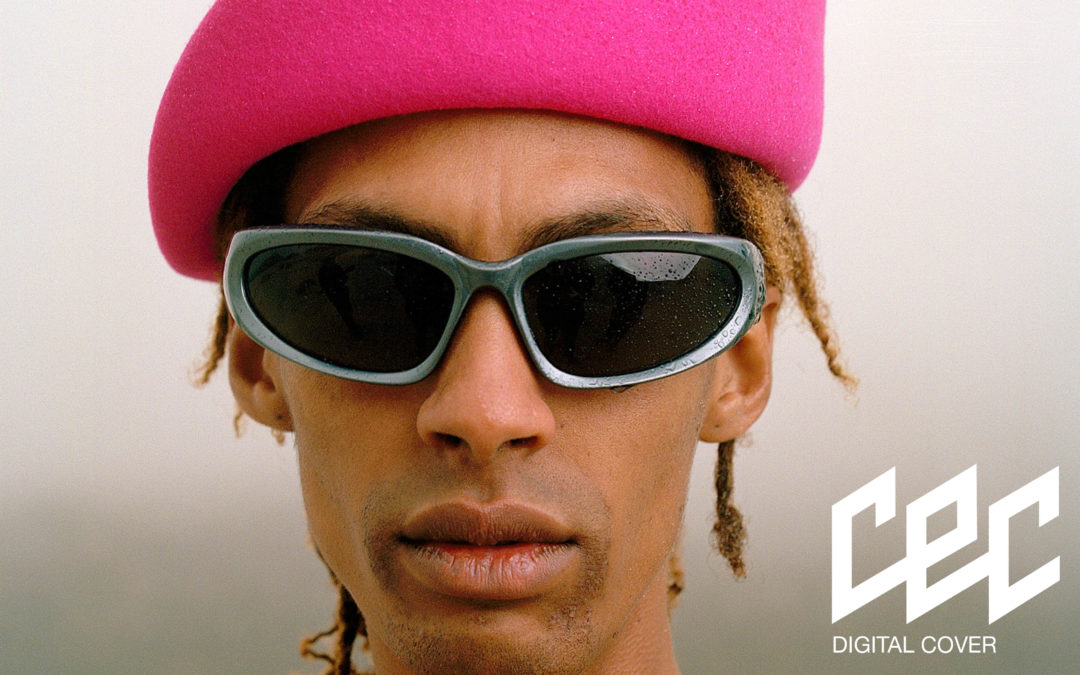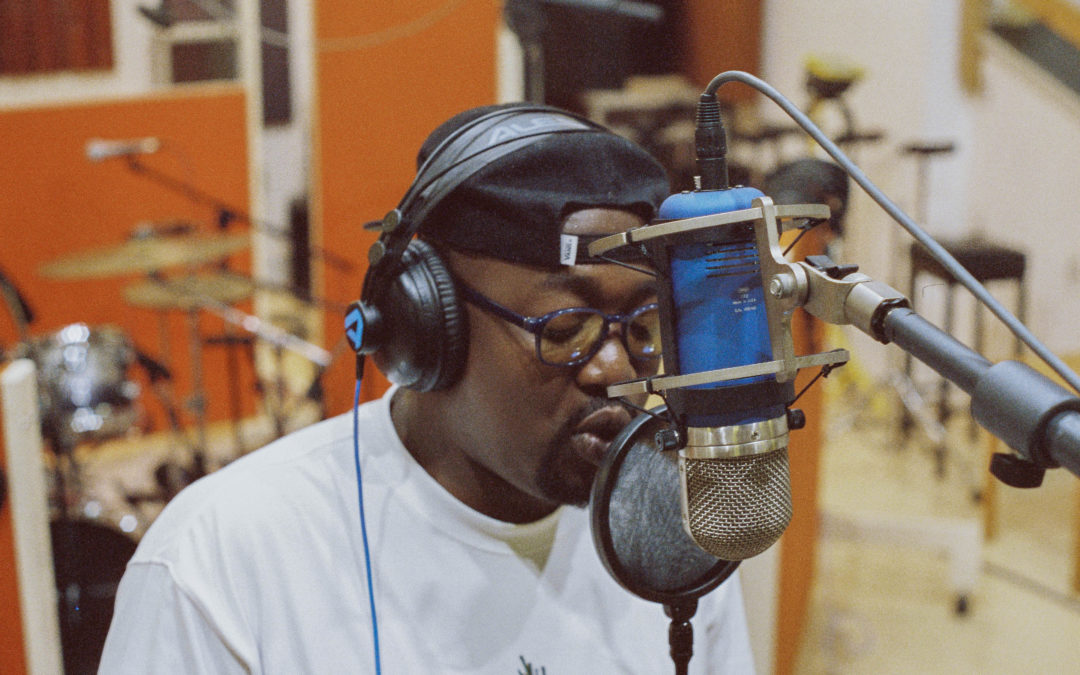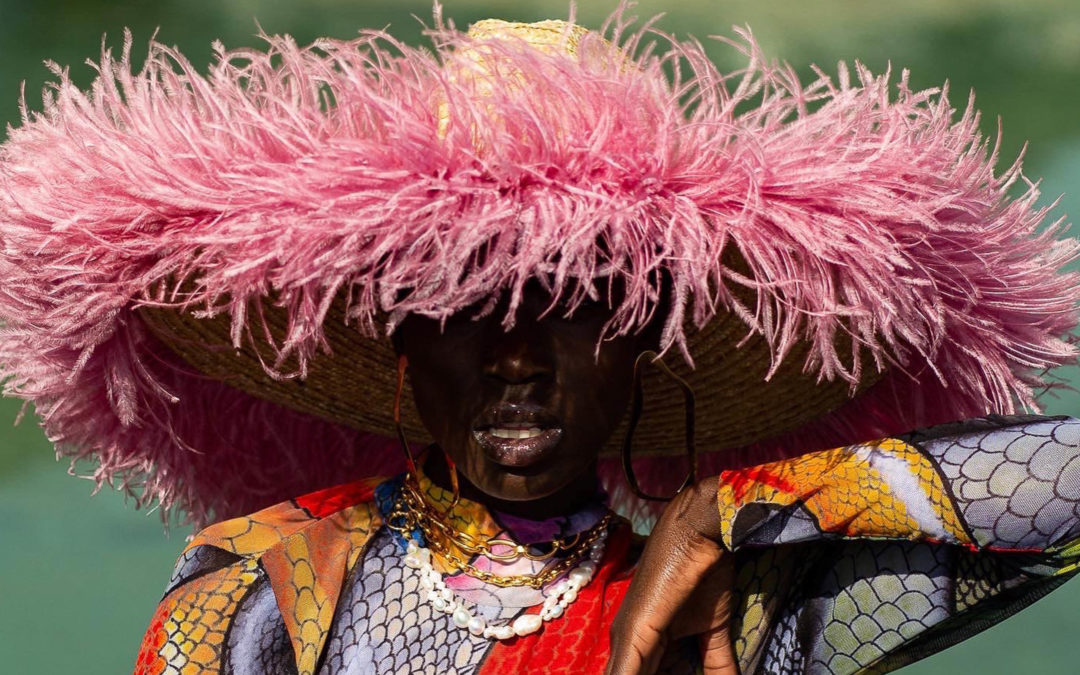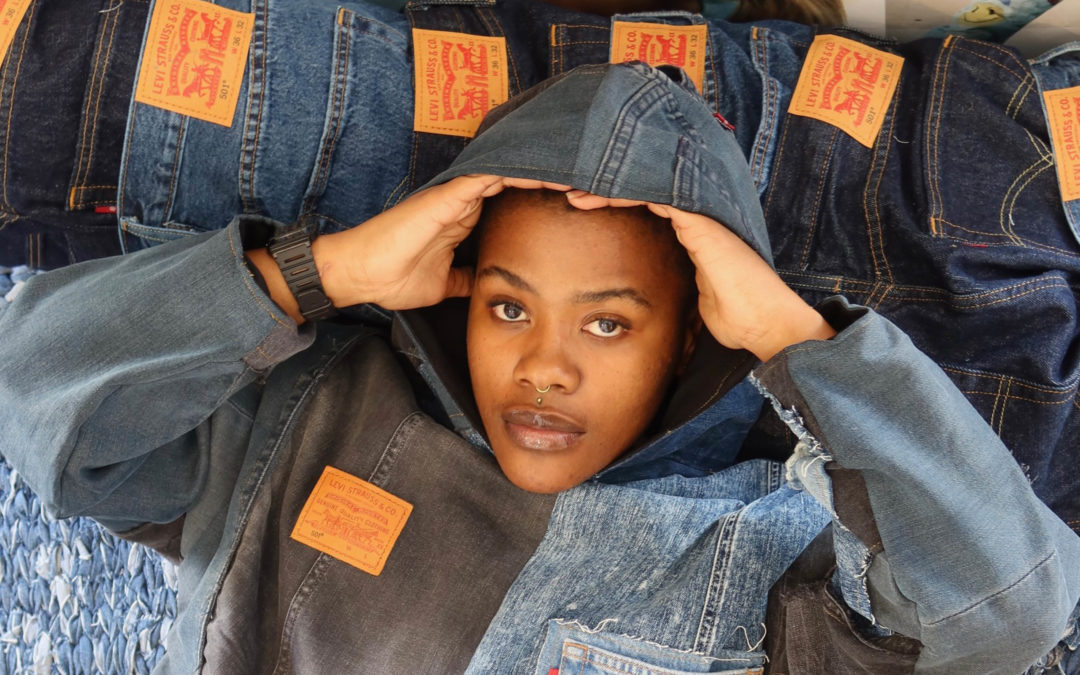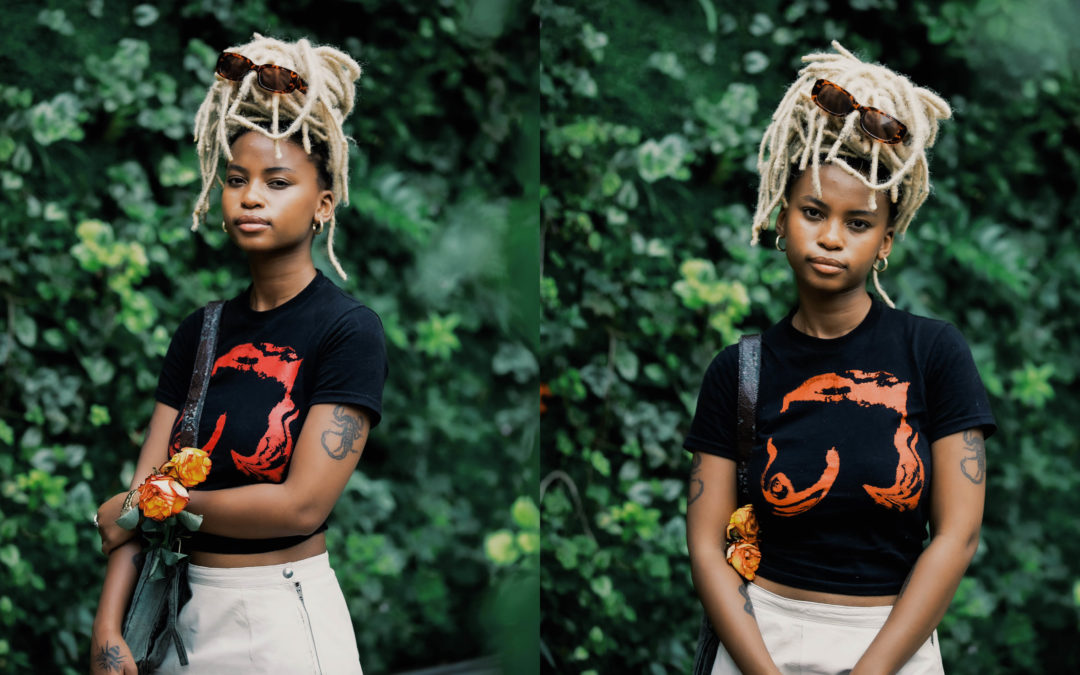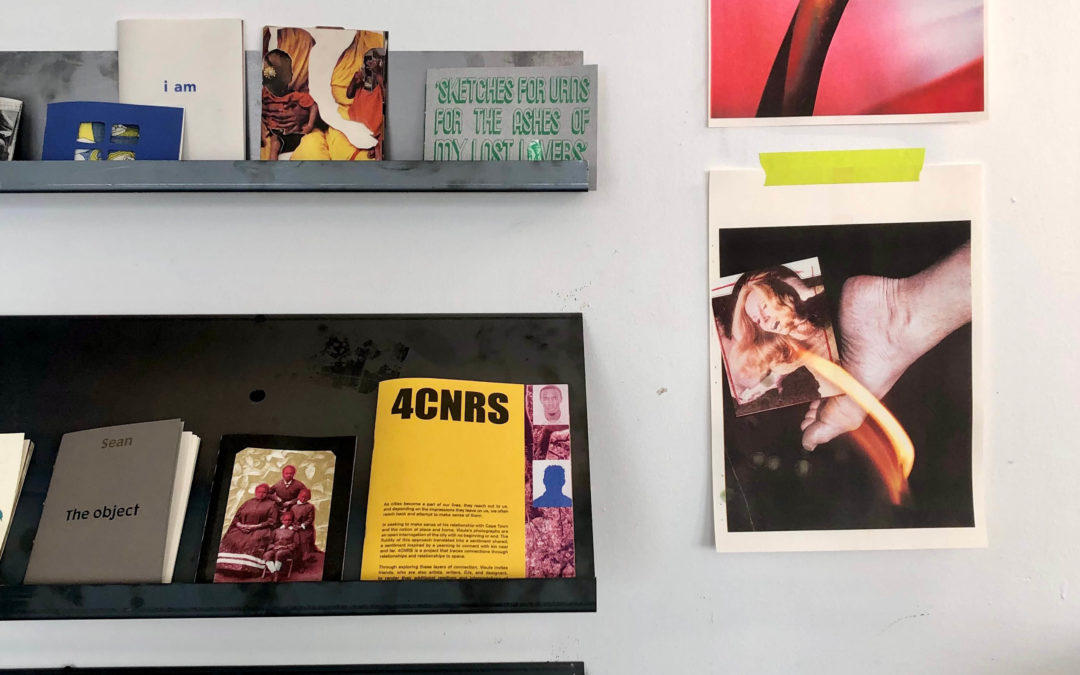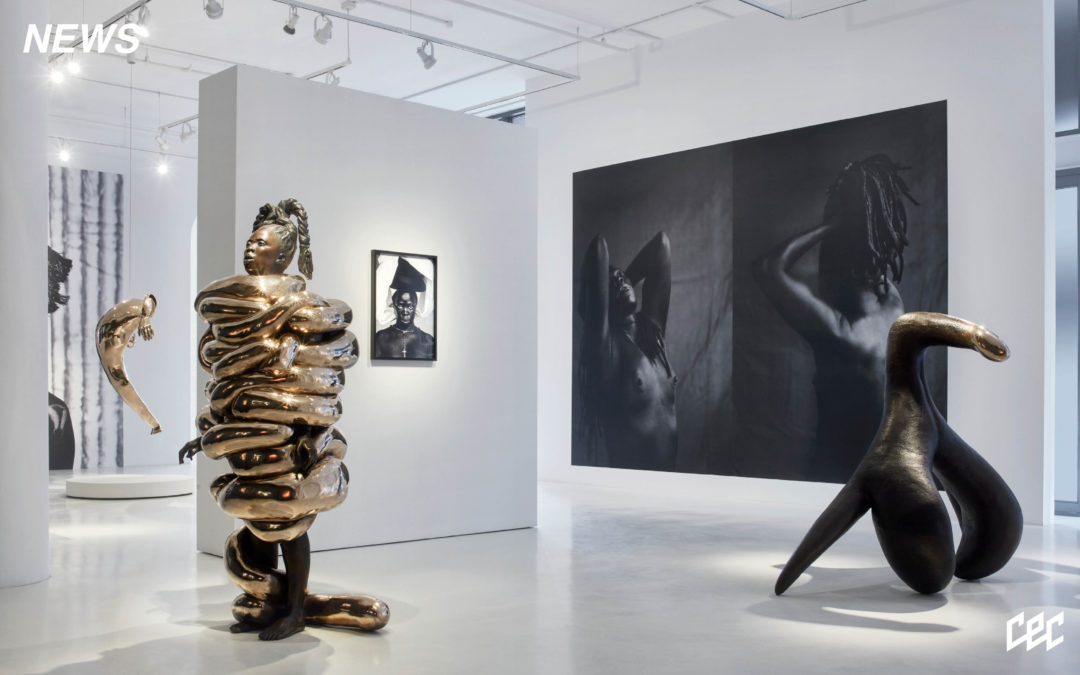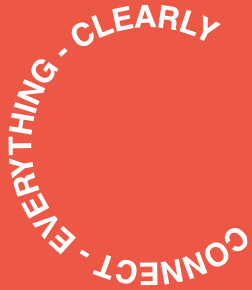Mortality beckons all of us. One thing is certain, each of us will die, at some point. While we are housed in our bodies, though, such a certain fate looms in the periphery; mostly as one of our deepest fears. Human beings are constantly searching for order, and our brains are in a perpetual state of pattern recognition, categorisation and initiating complex behaviours to bring us toward a resolve in our environment. This would be quite simple, if being human was merely a system-based, biological experience. It is not – and in fact, uncertainty holds within it an incredible ability to bring us to our edge; the edge upon which all our fears, judgements, conceptualisations and constructs can be laid to offer. Louise Westerhout is a queer, disabled performance artist who for the second time in 13 years was diagnosed with stage 4 cancer; this time, it was their right leg that required a hip-to-femur replacement. Around 13 years ago, when their left leg was under surgical scrutiny, I will never forget Louise’s declaration – “well, now, I am a cyborg witch!”.
It is just under three years since I wrote about Louise and Lauren Brits’ ongoing relationship as artists, friends and co-creators; and while this time, for a body of work named Unclear, their union holds much the same energy. Theirs is a space inhabited by two queer artists, in which striking intimacy and trust are the very foundation of what they create. Wouldn’t it be wonderful if that tone of being, together, were the rule – rather than the exception? Now, the duo have been deep in the proverbial trenches; unclear is a mixed-media, multi-disciplinary articulation of this moment now in both Louise and Lauren’s artistic expression. unclear begins as a performance written and performed by Louise and directed by theatre veteran, Craig Leo. In documenting this aspect of the work, Louise sought Lauren’s photographic craft : and Unclear has evolved, and continues to, in varying ways. Now, unclear is a performance – a poetic instruction – an exhibition, and a breathtaking zine. Most importantly, it is the outward manifestation of Louise and Lauren’s artistic harmony.
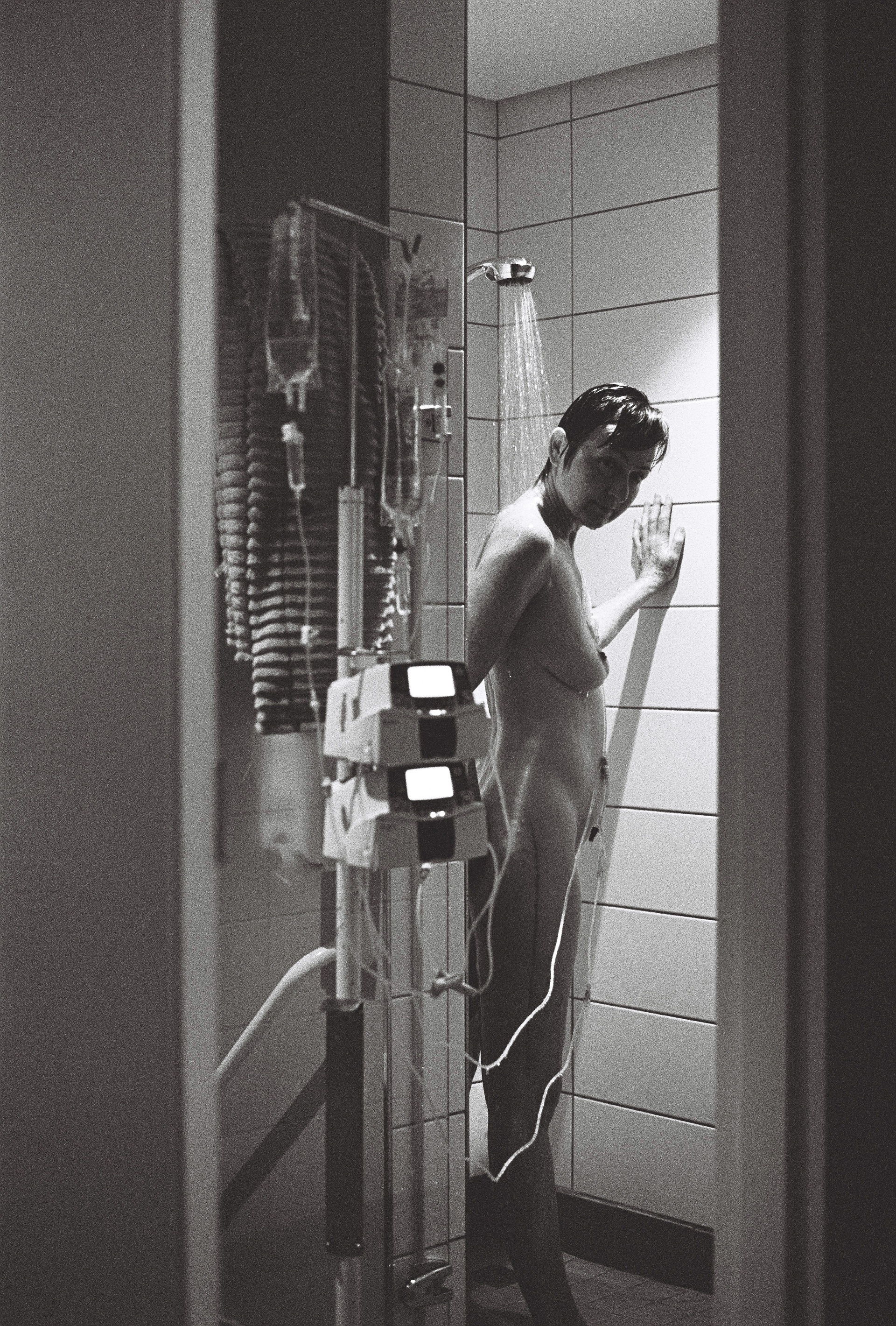
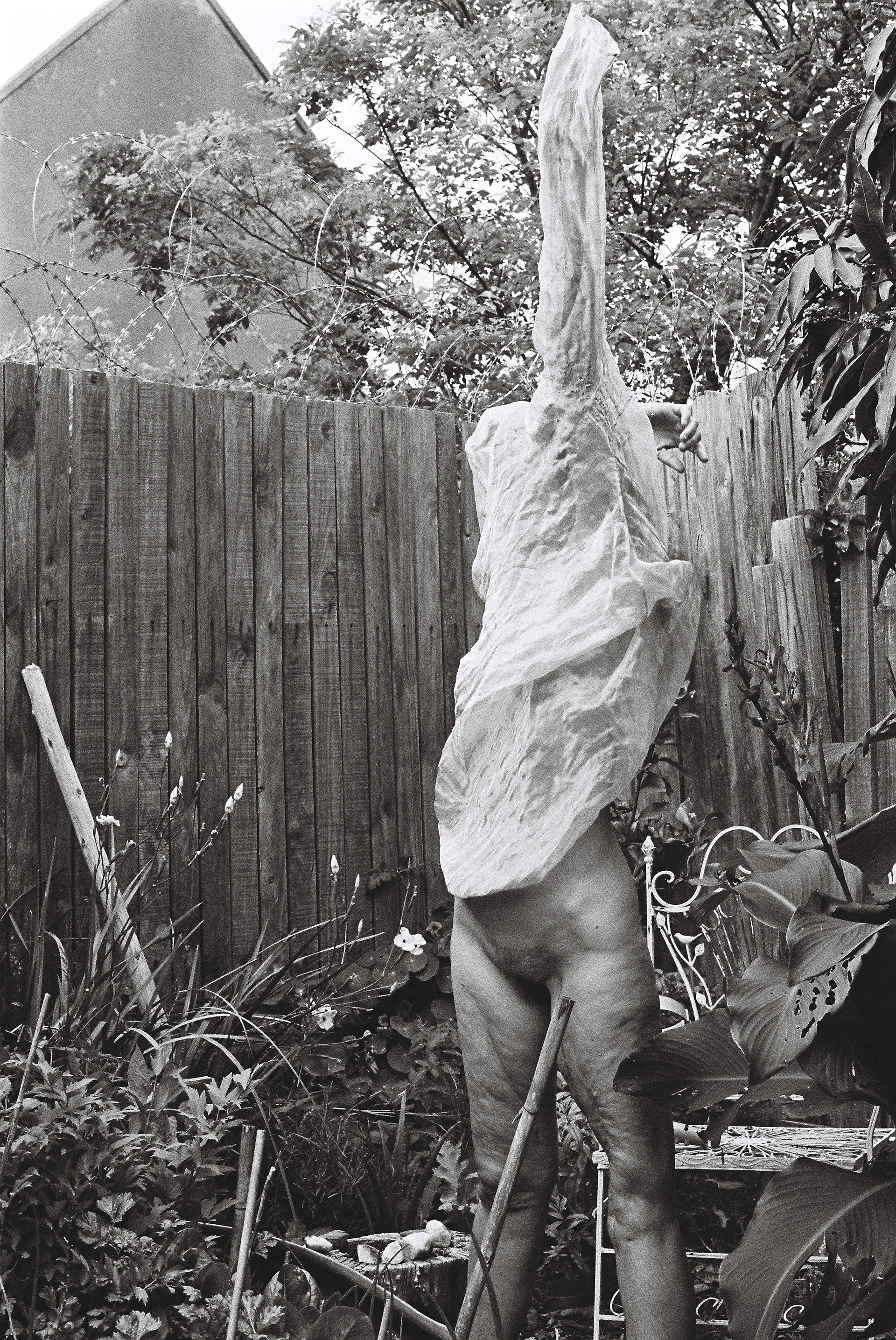
In commenting on the personal meaning of unclear, Lauren says, “we had such wonderful conversations around everything – from the bullshit of patriarchy, to issues with our mothers. We cried together, we laughed together and I think it was just a very intimate space for both of us. It was also a space for me to listen and learn. There is a lot of internalised ableism within our society, and within me – and to try and understand what Louise and I both needed from the space.” In scenes taken in hospital and in Louise’s home, the zine is the first of its kind for Lauren; for whom tangible expression of her work is a birthing right as an artist, “The zine was fucking vulnerable, man. When you share stuff on Instagram – it just goes out there – but creating something material is a very different way to share work. Seeing myself as an artist and photographer, and putting together a zine, it required me to dig deep. I’m really proud of what we produced.”
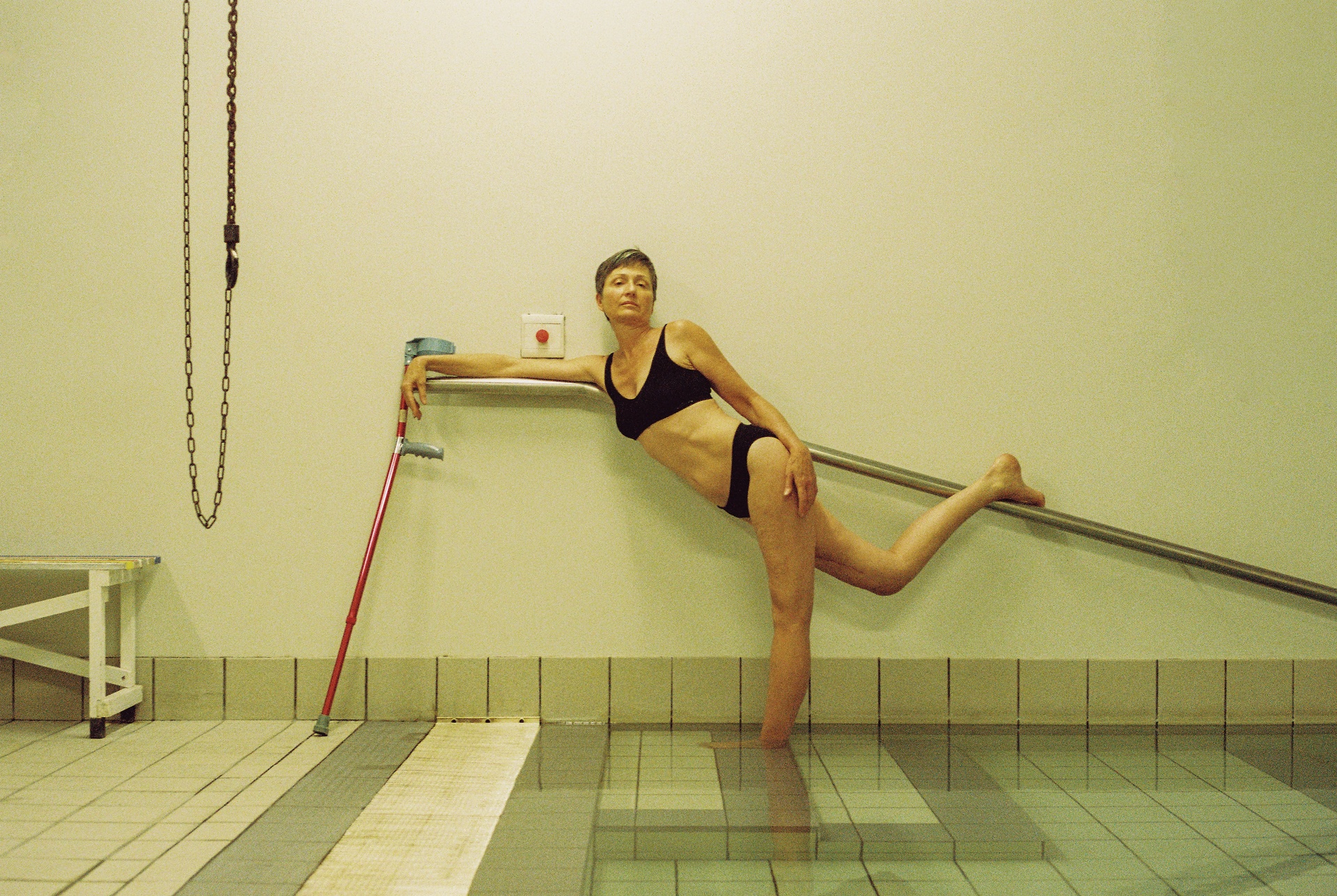
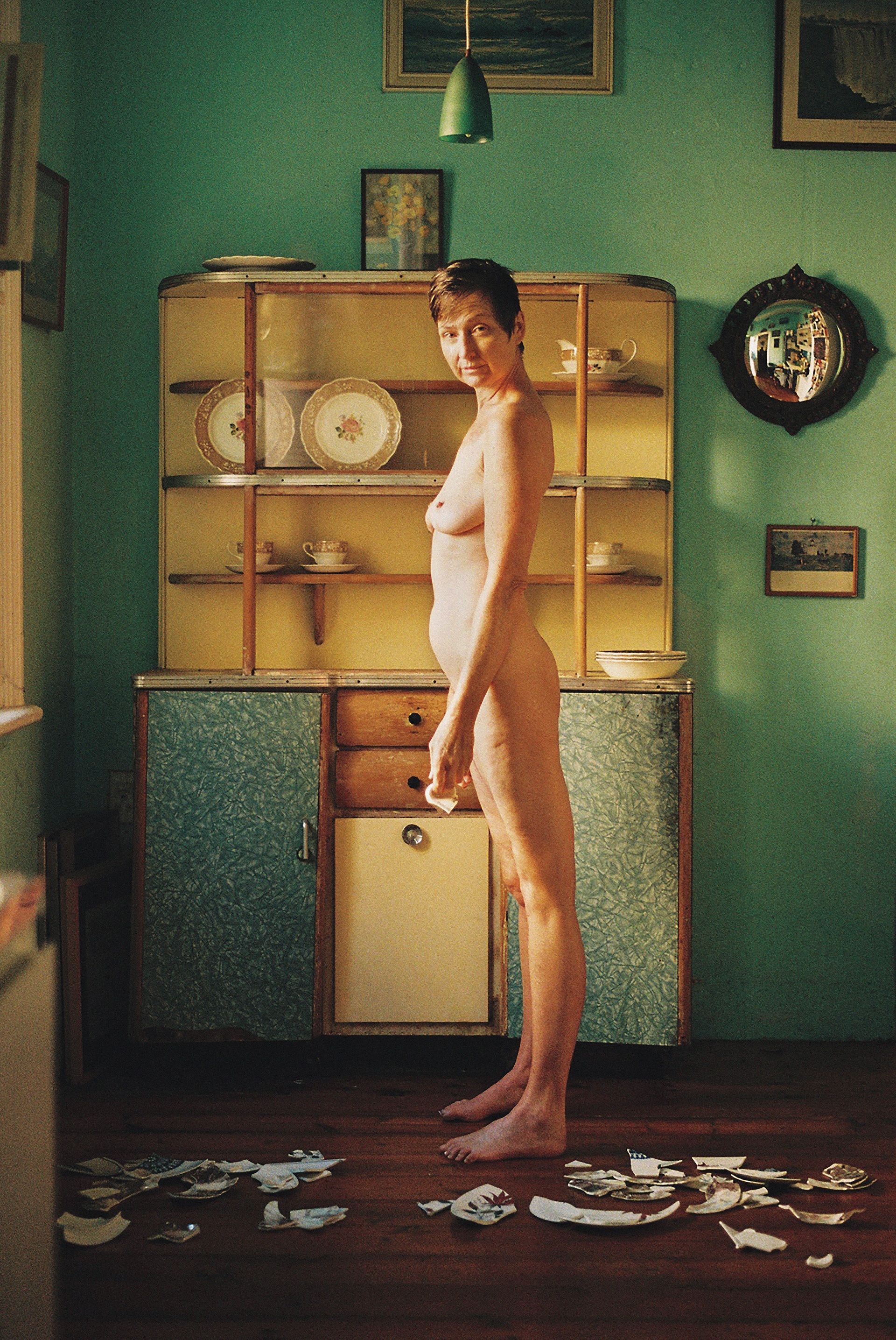
The show notes for unclear read :
unclear subverts ableist narratives, suggesting new paradigms of viewing and understanding a queer, disabled, older body and its relationship to patriarchy, ableism etc. unclear pulls tight focus on singular stories, analysing them through the lens of critical theory to expose the cognitive dissonance we have around cancer and our own mortality. It offers nuanced diagnoses, on the personal, but also the socio-cultural pathologies which perpetuate illness, such as ableism, misogyny, ageism and queer phobia. unclear invites the witness’ gaze, subverting the ableist stare, exposing prejudice, demanding that the witness looks, that they see a body which holds autonomy. The images break traditional photographer/subject protocol allocating equal power dynamic to Brits as she frames,and Westerhout as they have bodily autonomy. Neither artist can be prioritised over the other as they consent to share narrative power, challenging the concept of who creates and owns an image. The project is also designed to be a haven for disabled people who find allyship, validation and recognition within the images. unclear is a celebration of humanity, the artistic manifestation of two friends as they approach their relationship to self, their craft and each other with curiosity, trust, vulnerability and transparency.
For Louise, being ‘just a bit closer to death than some’ is no cause for pity – fuck no – rather, the presence of cancer in her body has (13 years apart) been some of the most important materia for her work as an activist and artist. On the meaning of unclear, Louise says the process itself is as fundamental to the outcome of the work; “It’s always going to be activism, for me. Activism, activism – always, until the fucking day I die. That’s who I am, in the blood. When I asked Lauren if she would be interested in this work, I was thinking a lot about – how do we push queer culture? How do we collaborate and talk about consent, talk about boundaries, talk about intimacy and boundaries – about what friendship is – have a laugh, talk about death. How do we watch and experience suffering, and use it to push what queer culture needs to expand into? As a disabled elder, queer body – I think it’s very important. There are not many of my generation asking for representation on an equal footing with other queer artists. All this time, Lauren and I have not prioritised each other’s work, or bodies, or gaze or view over the other. That is such a radical shift. Yes, it’s Lauren’s photography – but I am not a subject, and nor am I being objectified. It was so very rooted in consent. She was watching me, all hooked up through my port to chemo, in the shower, and we were still organising and approaching the idea of boundaries.” Louise goes onto touch a beautiful expression of friendship – one I have found with friends in my own life – and that is the idea of ‘crafting’ together, and creating work; “our ancestors didn’t just sit and have a chat, they would be doing something together. So that feeling of crafting together, busy working. I also just think you have to have respect for the other, for the artist and their form and that they have absolute governance of their medium.”
Zine-making is a radical act, and one of my most beloved forms of publishing. Self-publishing remains one of the most resistant forms of expressing ideas and art – the history of zines is a critical lesson in retaining intellectual and artistic autonomy in the late modern era. I ask Lauren what brought them to choosing this archival route, “I love books and I love magazines, the tangible form of print. We were sitting with so much imagery in the archive, and it felt like such a waste to just let it sit online. Louise also just writes such beautiful poetry – and honestly, any excuse to make something like this, is just wonderful.” The ‘unclear’ zine is bound in a carefully crafted dossier (a nod to the medicalisation of the disabled experience, and Louise’s own) – and features both poetry and images. Louise says, “the images are actually removable, so you can take an image and stick it on the fridge – or wherever – which is quite brave, to invite someone to take the zine away and take the structure of the zine. I think this is a huge part of ‘unclear’ is, with handing over consent and control to the reader.” An intrinsic part of ‘unclear’ is its focused challenge regarding ableism. The social, cultural and political oppression and othering of people inhabiting disabled bodies is one that pervades all of society – and further intersects with the marginalisation of Black, Indigenous and People of Colour, LGBTQI+ folk and across the gender spectrum. In what ‘unclear’ seeks to address, Louise describes “what I could do if I stay in my body long enough to represent ‘unclear’ as much as I can, is to say – here is a body, here is a voice, and can those who are invited to witness the work, look at how we live in a flawed system? All I ask is for people to see something that they didn’t expect. We all have so much more in common than we know. We are fucking terrifed of dying – terrified – and I am may represent someone who is a little closer, but I want to represent a commonality. We are here together, breathing, living and being in community – how to respond with our empathy first, and not our prejudices?”
‘unclear’ is an ongoing body of work that will be formed and distilled as constantly as the friendship and experiences of Louise and Lauren. I leave you with a quote from the Bhagavad Gita, “When you feel the suffering of every living thing within your own heart… that is true consciousness.”, and Louise shows us, let us not make martyrs of our suffering; but instead, alchemise it into the potentiality and action that this world so requires.
‘unclear’ is now showing Youngblood Gallery
70 – 74 Bree St, Cape Town City Centre, Cape Town, 8001
‘unclear’ images and zine by Louise Westerhout and Lauren Brits
Written by: Holly Beaton
Published: 3 February 2023

